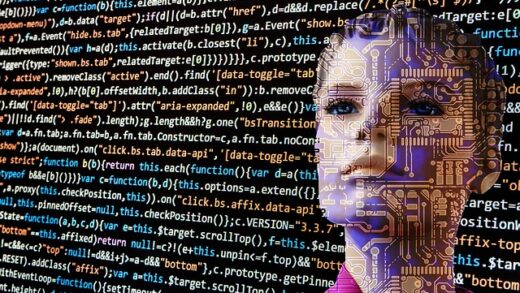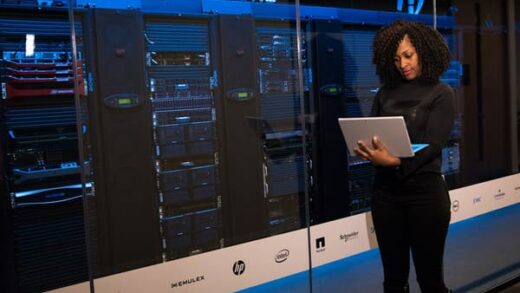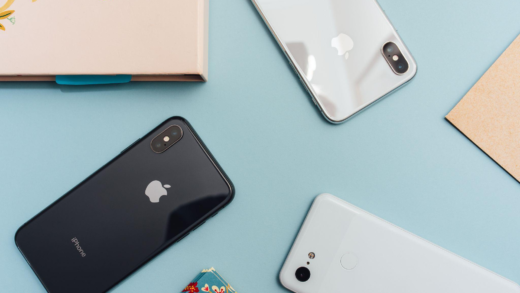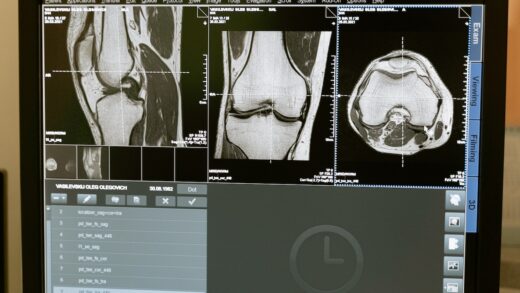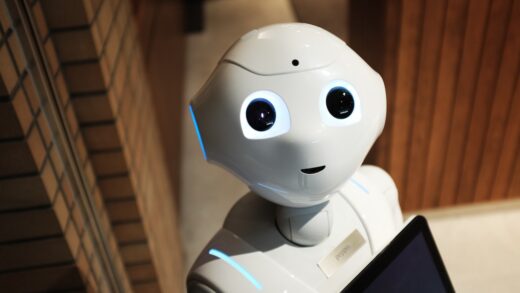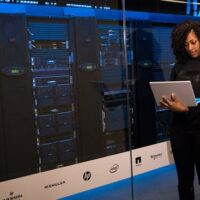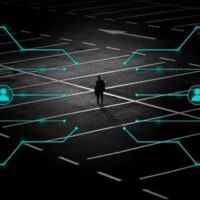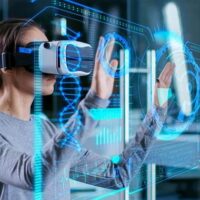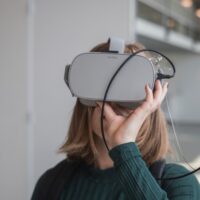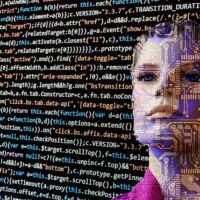Technology has always been a powerful force of change, but in the 2020s, it’s becoming more deeply integrated into the fabric of everyday life than ever before. From the way we work and socialize to how we shop, learn, and even date—tech isn’t just influencing our routines, it’s rewriting them entirely.
In this article, we’ll explore how technology is transforming two key areas of modern life: human connection and personalization. And along the way, we’ll highlight tools like OneDateIdea, a random idea generator that uses tech to inspire creativity in relationships.
The New Age of Human Connection
One of the most profound effects of modern technology is how it has redefined what it means to connect with others.
Socializing Goes Digital
From Facebook and Instagram to WhatsApp and Discord, communication has moved far beyond face-to-face conversations. Today, most of us maintain friendships, family ties, and professional connections through digital platforms. In 2025, real-time voice translation, immersive group chats, and augmented reality meetups are blurring the lines between digital and physical interaction.
Even dating—once reliant on chance encounters or introductions—has gone digital. Apps like Tinder, Bumble, and Hinge have turned attraction into a swipe, and machine learning is now optimizing matches based on shared interests, location, and even psychological compatibility.
But it’s not just about finding people—it’s also about maintaining relationships in more meaningful ways.
Strengthening Bonds with Digital Tools
Technology is now offering couples and families more creative ways to bond. Video calls help long-distance relationships feel a little closer. Shared digital calendars help couples coordinate their lives. And for those looking to break out of routine, tools like OneDateIdea—a random idea generator for date plans—are providing fun, spontaneous experiences tailored to location, interests, and budget.
The idea is simple: answer a few questions, hit “generate,” and receive a curated date idea that suits your mood and lifestyle. Whether it’s a cozy picnic, an adventurous escape room, or a quirky museum visit, technology is helping couples inject variety and fun into their routines with just a few taps.
This kind of experience-driven personalization wouldn’t be possible without the algorithms and AI models running quietly in the background.
Personalization in the Age of AI
Beyond relationships, personalization is touching almost every part of our lives—thanks to advancements in artificial intelligence, machine learning, and big data.
Smarter Shopping and Recommendations
Have you ever noticed how your favorite music streaming app seems to know exactly what kind of vibe you’re in the mood for? Or how your shopping app suggests just the item you didn’t know you needed?
That’s no coincidence. Behind the scenes, algorithms are analyzing our behavior—what we click on, how long we linger, what we skip—to create experiences tailored just for us.
From Netflix recommending your next binge-worthy series to Amazon curating your cart, this level of customization not only makes life more convenient but also feels incredibly intuitive. It’s almost like these services “get” us.
Personalized Wellness, Education, and Productivity
Healthcare, fitness, and education are also being personalized in groundbreaking ways.
Wearables like smartwatches track your heart rate, sleep, and stress levels, delivering daily wellness insights. Online learning platforms adjust lessons based on your progress and comprehension speed. Even work productivity apps now use AI to suggest the best time to tackle tasks or schedule meetings.
Tech is no longer one-size-fits-all—it’s adaptive, responsive, and tuned into the individual user’s needs. That’s also why tools like OneDateIdea are gaining popularity. Just like Spotify creates a personalized playlist, OneDateIdea creates a custom plan for quality time—whether you’re a new couple or 10 years into marriage.
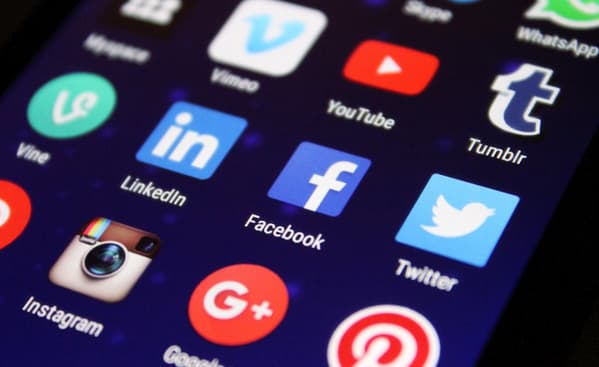
The Double-Edged Sword: Balancing Tech and Humanity
While the advancements in technology are impressive, they also come with their own set of challenges.
Digital Overload and Disconnection
As our devices become more integrated into our lives, there’s a risk of becoming too dependent. Screen time is up, attention spans are shrinking, and mental health issues linked to social media use are a growing concern.
In response, there’s a rising movement toward digital mindfulness—using apps to track screen time, turning off notifications, or even taking weekend “tech detoxes.” Ironically, we’re using technology to help us use less technology.
And once again, platforms like OneDateIdea offer a refreshing counterbalance. While it’s tech-based, its goal is to get people offline—out into the real world doing things together. Whether it’s a spontaneous art gallery trip or a moonlit walk suggested by the generator, it’s a reminder that the best connections often happen away from the screen.
Privacy, Ethics, and Control
As algorithms become more advanced and data collection more pervasive, concerns about privacy and surveillance have entered the spotlight. Who controls the data? How is it being used? And are users truly aware of the trade-offs?
Regulators around the world are working to create stricter guidelines, while companies are increasingly promoting “privacy by design.” But for everyday users, it’s important to stay informed and proactive. Choosing platforms that value transparency—like ones that allow clear opt-ins and data deletion—will become the norm in the years ahead.
Conclusion: Technology as a Tool for Enrichment
At its best, technology enriches our lives. It helps us connect with people we care about, makes everyday tasks more efficient, and unlocks new levels of creativity and spontaneity. Tools like OneDateIdea remind us that even small innovations—like a random date idea generator—can bring real joy and surprise into our routines.
As we continue to integrate new technologies into our daily lives, the challenge will be to stay grounded. To use these tools with intention. To allow them to support our goals without letting them control our lives.
In 2025 and beyond, the most successful use of technology won’t be about doing more—it’ll be about doing what truly matters, better.



